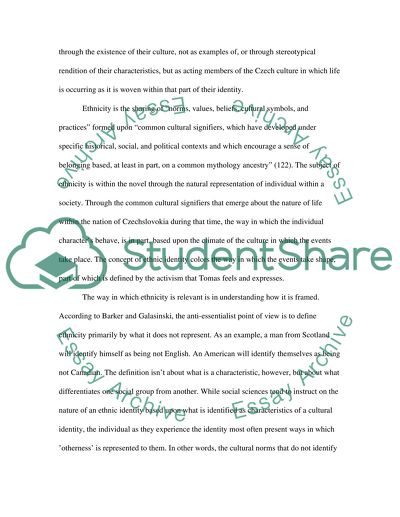Cite this document
(“The unbearable lightness of being Essay Example | Topics and Well Written Essays - 2250 words”, n.d.)
Retrieved from https://studentshare.org/literature/1429130-the-unbearable-lightness-of-being
Retrieved from https://studentshare.org/literature/1429130-the-unbearable-lightness-of-being
(The Unbearable Lightness of Being Essay Example | Topics and Well Written Essays - 2250 Words)
https://studentshare.org/literature/1429130-the-unbearable-lightness-of-being.
https://studentshare.org/literature/1429130-the-unbearable-lightness-of-being.
“The Unbearable Lightness of Being Essay Example | Topics and Well Written Essays - 2250 Words”, n.d. https://studentshare.org/literature/1429130-the-unbearable-lightness-of-being.


